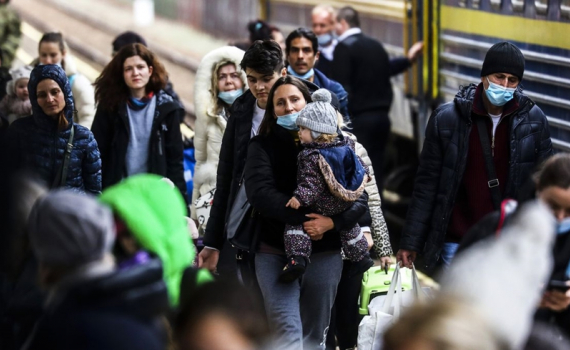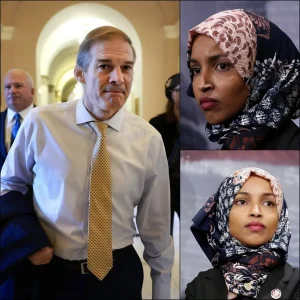The debate over whether illegal immigrants should be banned from voting in elections is one of the most contentious issues in modern politics, sparking passionate arguments on both sides of the aisle. Supporters of such a ban argue that voting is one of the most fundamental rights and responsibilities of citizenship, and allowing individuals who are not legally part of the country to participate in shaping its future undermines the democratic system. Opponents, however, believe that immigration status should not be a barrier to having a voice, especially for those who contribute to society, pay taxes, and have lived in a community for years.
In most countries, including the United States, it is already illegal for undocumented immigrants to vote in federal elections. Proponents of stricter laws argue that these regulations need to be enforced more rigorously and expanded to cover all local and state elections. They claim that voting rights are tied to citizenship for a reason: elections are meant to reflect the will of the people who have pledged allegiance to the nation and its laws. From this perspective, allowing noncitizens or those who entered a country illegally to vote dilutes the meaning of citizenship and could potentially lead to policies that do not align with the interests of citizens.

Advocates of a ban often emphasize the importance of election security. They point out that voter rolls should be carefully maintained to prevent fraud or manipulation. Even if cases of illegal voting are statistically rare, they argue that every fraudulent vote undermines trust in democracy. For them, strict identification requirements and verification processes are necessary safeguards to ensure that only eligible citizens cast ballots.
On the other hand, critics of such bans contend that this rhetoric can be misleading and harmful, often framing immigrants as threats rather than members of society. Many undocumented immigrants live, work, and raise families in their communities, contributing billions of dollars in taxes and essential labor to the economy. Some argue that excluding them from local elections, especially on issues like schools, housing, and public safety, ignores their stake in the community. Historically, certain U.S. states and municipalities even allowed noncitizens to vote in local elections, showing that the concept is not entirely foreign to American democracy.

Another argument against sweeping bans is that they can lead to voter suppression of legitimate voters, particularly naturalized citizens or those from immigrant communities. Overly strict voter ID laws and verification processes may disproportionately affect minorities, even if they are fully eligible to vote. Critics say these measures often serve more as political tools than genuine safeguards.
Ultimately, the question of whether to ban all illegal immigrants from voting strikes at the heart of what it means to belong to a nation. Should the right to vote remain an exclusive privilege of citizenship, or should it reflect the voices of all who live and contribute within a society? The answer depends on how a country defines its democracy and its relationship with immigration—a topic that will remain central to politics for years to come.






